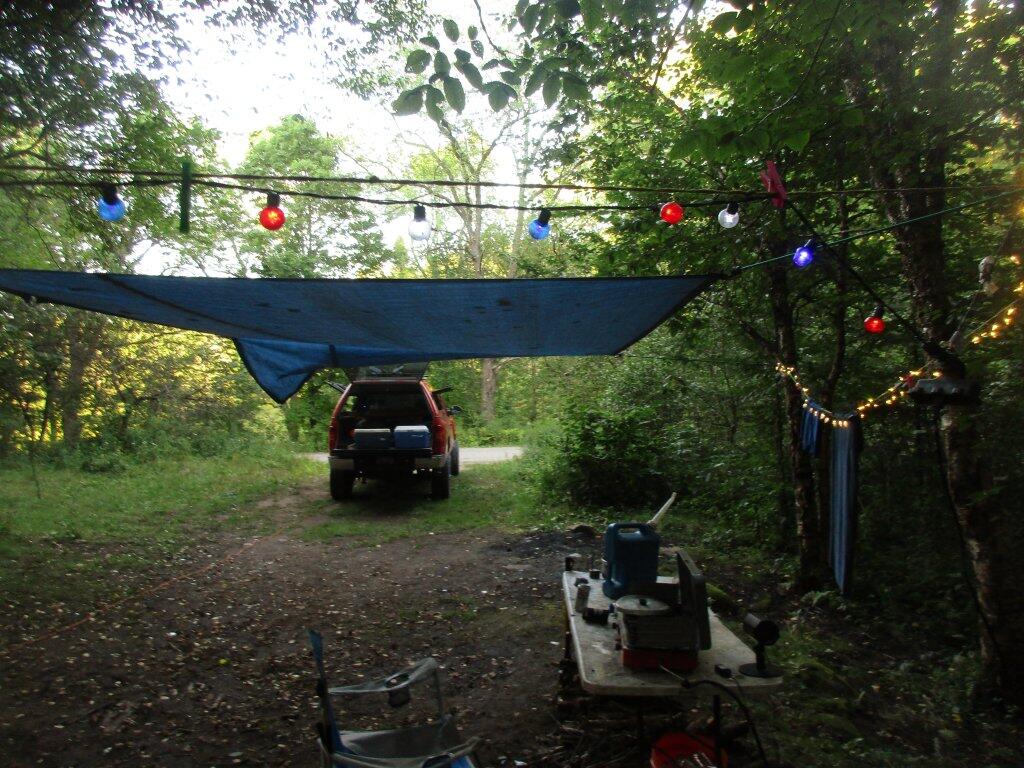I was thinking the other day how careless I can be with water …
I rent and my landlord pays for the water, 💦 obstinately through my rent payment. The landlord sometimes complains how high the water bill is 💸 and suggests his tenants do more to save water. But water is cheap and plentiful, and I honestly I don’t think that much about it when I wash dishes or take a shower. But I probably should.
Water is not free to produce and it certainly is not free dispose of. Waste-water treatment is particularly energy intensive, and like many towns, there is a mixture of energy-intensive sewage pumps and gravity that take waste-water down to the treatment plant and heat and mechanically disturb it purify of many of the worse contaminates before dumping it into the Hudson River.
I am certainly a lot more careful about my water use when camping, as I am usually limited to the six gallons I have in the two three-gallon containers I have. I can usually re-fill them every few days, but that water has to used for all cooking and cleaning purposes. I often use paper plates and bowls, and try to avoid as many dishes as possible, but some cleaning is always necessary. But conservation is the name of the game in the wilderness — even when I’m washing dishes, I’m trying to minimize water use as much as possible by scrubbing them out with paper towels, rising and soaping them with as little water as possible.
When I own my own land, and an off-grid place, water conservation will be the name of the game, especially if I don’t have an always-on water pump. ☸ There is nothing wrong with using a water tank up on the second floor and using gravity for flow. That’s the most energy efficient way to go, although you gain muscle yourself by hauling water upstairs. But if you filling the water by hand, you much more likely to conserve it. And conservation is the name of game. If I had a septic system, I would make sure to keep food waste separated out in the sink for compost, and used toilet paper in a wastebasket for incineration in a burn barrel. As who wants to pay to have their tank pumped, with all the solids ultimately going to a landfill?
Conservation is important, but it’s not really part of the modern suburban experience. I’m sure the landlord wishes I did more, and I probably should try harder, but all the incentives are wrong when you have easily pumped and pressurized water as your disposal.

